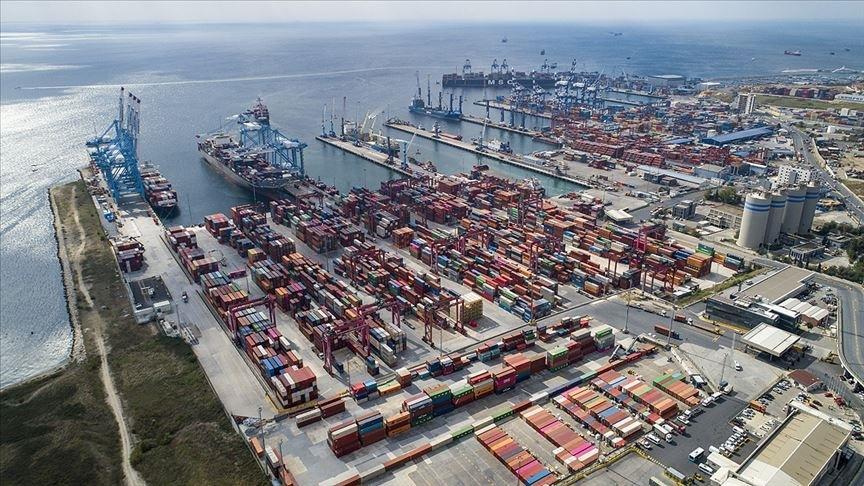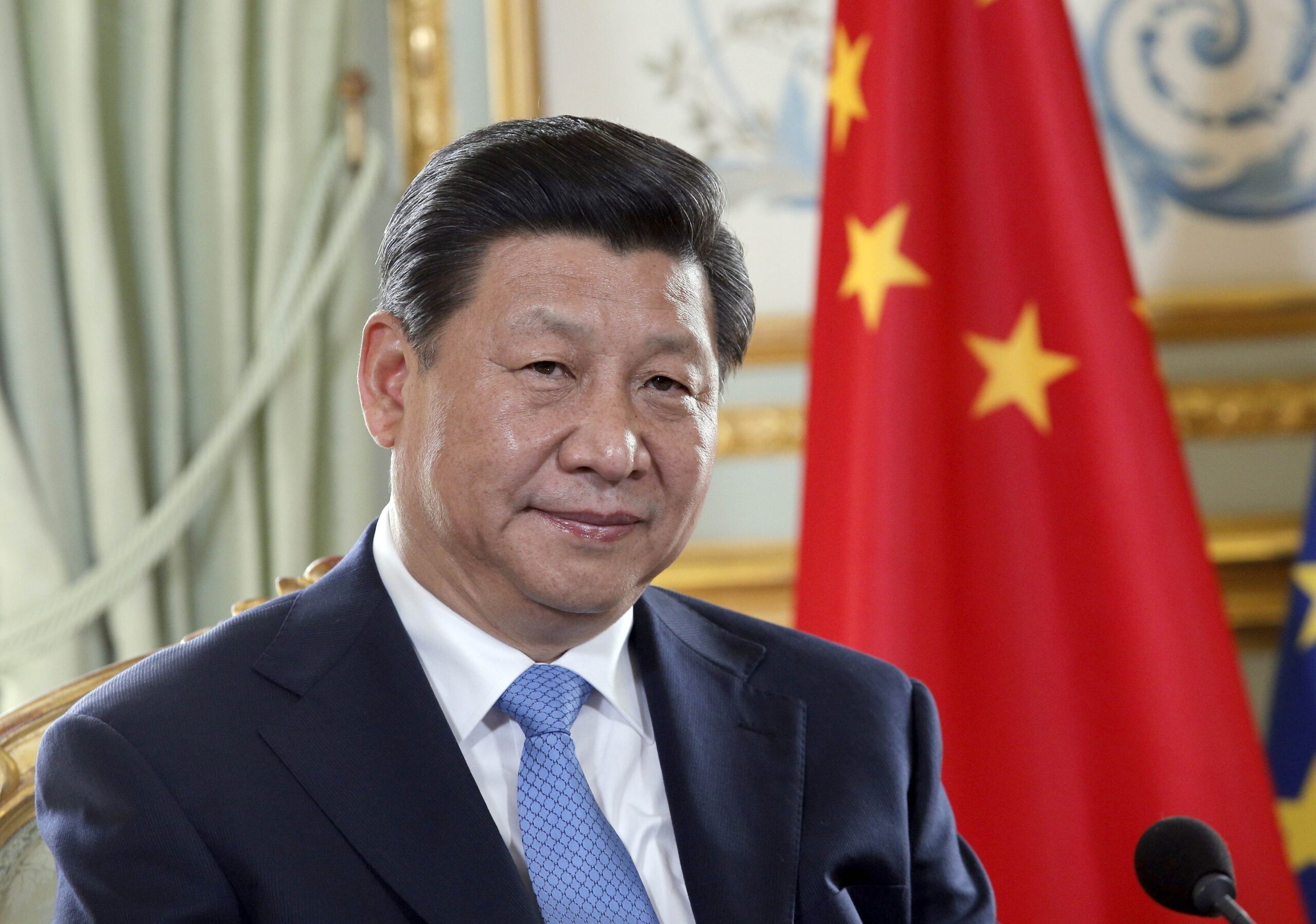Türkiye’s economy grew by 4.8% in the second quarter, above expectations despite a prolonged monetary tightening effort, official data showed on Monday.
Second-quarter gross domestic product (GDP) grew 1.6% from the previous quarter on a seasonally and calendar-adjusted basis, data from the Turkish Statistical Institute showed.
In a Reuters poll, the economy was forecast to have grown by 4.1% in the second quarter and by 2.9% for 2025 as a whole.
Meanwhile, Türkiye’s manufacturing sector continued to face a challenging environment in August, but there were signs of easing pressures as output and new orders moderated to a lesser extent than in July, a survey reported on Monday.
The Istanbul Chamber of Industry Türkiye Manufacturing Purchasing Managers’ Index (PMI), compiled by S&P Global, rose to 47.3 in August from 45.9 in July. But it was still below the 50.0 threshold indicating growth.
New orders softened again, but the pace of decline was the weakest since February, the survey showed, while new export orders slowed more significantly than total new business, reflecting a subdued demand environment.
Production also moderated at a slower rate, marking the weakest slowdown in six months. In response to lower workloads, firms reduced employment to the greatest extent since April 2020, the survey showed.
Purchasing activity was scaled back, leading to reduced stocks of inputs, while stocks of finished goods were depleted for the second consecutive month. Input costs rose sharply in August, slightly faster than in July, primarily due to currency weakness.
“Business conditions remained challenging for Turkish manufacturers in August, and employment was scaled back markedly as a result,” said Andrew Harker, Economics Director at S&P Global Market Intelligence.
“There were, however, some signs of positivity from the latest PMI survey which showed the respective slowdowns in output and new orders losing steam.”




